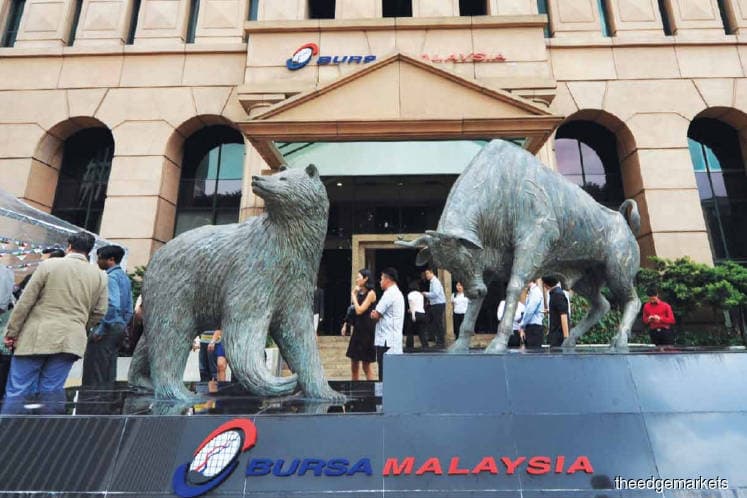
This article first appeared in The Edge Malaysia Weekly on November 18, 2019 - November 24, 2019
EVEN without a window-dressing effect to lift Bursa Malaysia in the final weeks of 2019, some fund managers are growing optimistic about the short term amid the possibility of a sentiment uplift.
“If global sentiment turns positive, I think foreign funds may come back since emerging markets have lagged behind developed markets this year,” says a local fund manager.
Last Friday, the benchmark FBM KLCI closed at 1,594.75 points. Year to date, the index has fallen 5.67%, the worst performer in the basket of 19 Asia-Pacific markets tracked by Bloomberg.
The Jakarta Composite Index has declined 1.07% year to date while the KOSPI index has fallen by 1.06%. The other indices have gained between 2.33% and 28.78%.
In comparison, the MSCI Asia Pacific index has risen by 11.06%. According to its website, the MSCI AC Asia Pacific index captures large and mid-cap representations across five developed markets and nine emerging markets in Asia-Pacific. It comprises 1,383 constituents and cover about 85% of free-float-adjusted market capitalisation in each country.
In the US, the Dow Jones Industrial Average hit record highs in early November. Last Friday, it ended at 27,781.96 points, the highest in at least five years, having gained 19.1% year to date.
The NASDAQ composite index also reached multi-year highs. Last Friday, it was hovering around 8,479.02 points, having risen 27.79%. The S&P 500 also gained 23.53% year to date.
Another possible factor that might attract foreign funds could be year-end portfolio rebalancing, whereby foreign fund managers take early positions across emerging market stock exchanges ahead of 2020, the fund manager adds. If that happens, foreign funds may start looking at Malaysian large-cap stocks from December onwards.
Another fund manager agrees, saying that although Malaysia in itself “is not a particularly attractive market to invest in”, the local market may still get an uplift from a wider drive by foreign funds that are looking to ride an emerging market rebound.
Another factor is the inking of the proposed phase one of the trade deal between US and China, which would be a significant step towards resolving the year-long trade war that has raised jitters globally.
On Nov 7, Bloomberg reported that as part of the proposed phase one deal, both countries have agreed to roll back tariffs on each other’s goods. However, negotiations remain ongoing.
“This could be a signal that the trade tensions will at least reduce a little. On the tariffs side, even just a little reduction on top of no new tariffs being introduced would be very good news already,” says the first fund manager.
Save by subscribing to us for your print and/or digital copy.
P/S: The Edge is also available on Apple's AppStore and Androids' Google Play.